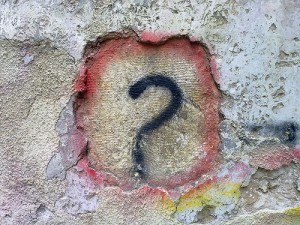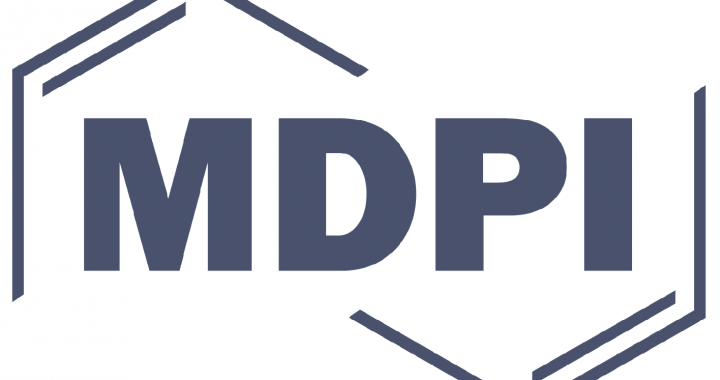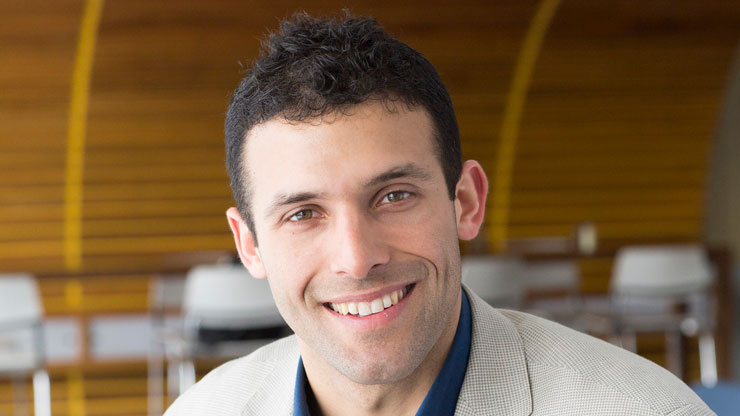Retraction Watch readers are likely familiar with the U.S. Office of Research Integrity (ORI), the agency that oversees institutional investigations into misconduct in research funded by the NIH, as well as focusing on education programs.
Earlier this month, ORI released data on its case closures dating back to 2006. We’ve charted those data in the graphics below. In 2021, ORI made just 3 findings of misconduct, a drop from 10 — roughly the average over the past 15 years — in 2020. Such cases can take years.
As the first chart makes clear, a similar dip in ORI findings of misconduct occurred in 2016. That was then-director Kathy Partin’s first year in the role, and a time of some turmoil at the agency. In an interview with us then, Partin referred multiple times to the agency being short-staffed. Partin was removed from the post in 2017 and became intramural research integrity officer at the NIH in 2018.
ORI — as has often been the case over the past two decades — is once again without a permanent director. The most recent permanent director, Elisabeth (Lis) Handley, became Principal Deputy Assistant Secretary for Health in the Office of the Assistant Secretary for Health in July 2021.
We asked ORI to explain what’s behind the figures. A spokesperson responded on their behalf.
Continue reading A U.S. federal science watchdog made just three findings of misconduct in 2021. We asked them why.








